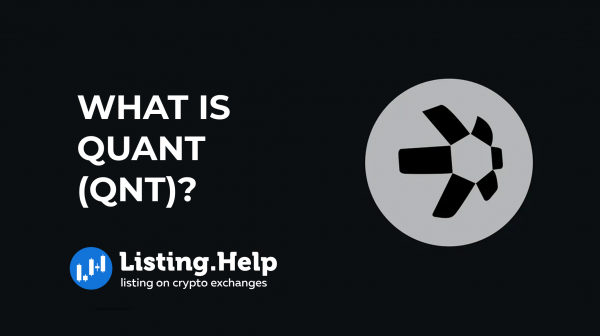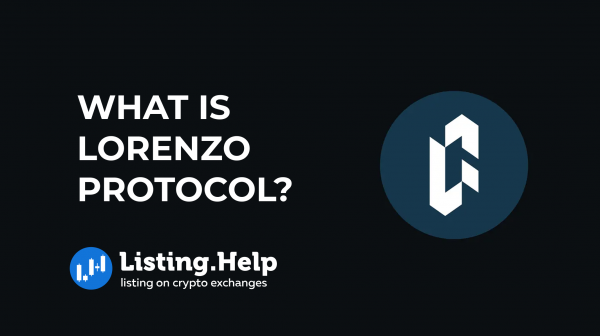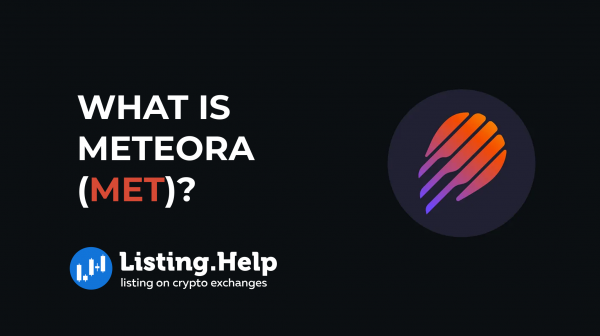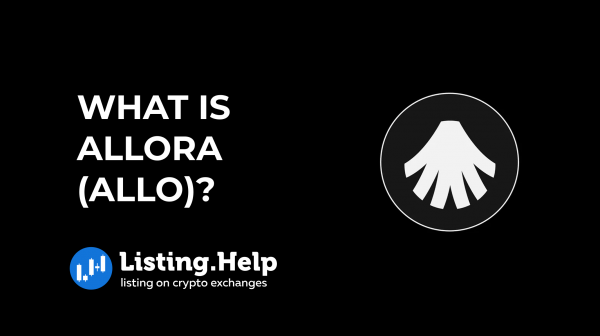What is Newton Protocol (NEWT)?
 July 13, 2025
July 13, 2025 Updated: July 13 2025, 09:39
Updated: July 13 2025, 09:39
LEAVE A REQUEST
Launching your own token project? Our experts are ready to help with listing on exchanges, market making, marketing and other solutions
SUBMIT APPLICATIONMost of the computing tools we rely on today — like cloud storage — are run by a handful of large companies. This setup generally works, but it comes with trade-offs: limited options, tighter restrictions, potential for data misuse, and in some cases, outright censorship. That’s where projects like Newton Protocol come in. They’re trying to rethink how these services are delivered — making them more open, more accessible, and easier for anyone to use.
The Story Behind Newton Protocol
Newton Protocol was created by Magic Labs, a technology company started in 2018 by two University of Waterloo engineers, Sean Li and Jaemin Jin. Sean previously co-founded Kitematic, which was later bought by Docker and became part of Docker Desktop. Jaemin played an early role at Uber, helping to launch its business-focused platform. Since its start, Magic Labs has focused on simplifying Web3, building embedded wallet infrastructure that now supports over 50 million wallets and more than 200,000 developers.
In October 2024, the Magic Newton Foundation was formed to guide the ongoing development of Newton Protocol and move it toward a more decentralized model. Backed by around $87 million from investors like PayPal Ventures, Placeholder, DCG, and Polygon, the team saw that while Magic had made accessing Web3 easier, the next big step was making automation and applications more intelligent and user-friendly. The aim is to let people set clear goals while software agents handle the complex work behind the scenes.
What is Newton Protocol?
Newton Protocol is a decentralized system that acts as a shared computing layer for the web. It includes an on-chain service registry that defines how computing services — like running code, processing data, or using AI — are listed, found, and combined.
Anyone can use this registry. Whether you’re an individual, a developer, or a company, you can offer or access computing power and services in an open environment with no gatekeepers.
The big idea is to make tools like AI, cloud computing, and custom processing available without needing to depend on any one provider. It’s about building a system where trust isn’t placed in corporations, but in the transparency and openness of the technology itself.
Absolutely. Here’s a fresh version of the text that keeps the structure and depth, but uses more straightforward language and a professional tone that sounds like it came from a human editor — without using filler terms, overly polished buzzwords, or AI-like phrasing:
How Newton Protocol Works?
1. A public registry for compute services At the heart of Newton Protocol is a registry that lists available compute services. It’s stored on-chain, which means the information is tamper-proof and transparent. Each entry includes:
- A name and description of the service
- Details about who’s offering it
- Pricing and usage policies
- Technical specifications
- Performance data
Anyone can browse the list to find services that meet their needs.
2. Open APIs and shared standards All services follow the same general structure. That means if you build something to work with one service, it’s likely compatible with others too. This keeps things consistent and encourages reusability.
3. Linking services together Newton lets users combine services to create more advanced workflows. You can use a single tool on its own or link several together. For example, one service could trigger another, allowing automated processes to work across multiple systems.
4. Verification and incentives By using cryptographic proof and on-chain validation, Newton makes sure services do what they claim. This setup encourages providers to act honestly and reduces the need for central oversight.
Key Features of Newton Protocol
Web3 set out to offer a decentralized, user-first internet — but so far, it hasn’t fully delivered. Many people are stuck with tools that are too technical or too fragmented to use effectively. Newton aims to fix that by introducing automation that’s both secure and verifiable.
Magic Newton combines smart automation with AI to handle the heavy lifting behind the scenes. Instead of expecting users to manage every detail manually, Newton uses AI agents to run actions based on high-level instructions. This leads to a system that’s more scalable, efficient, and approachable.
With Newton, off-chain computations can still be held accountable on-chain. This means users get the benefits of automation without giving up control or transparency. The protocol uses a mix of advanced tools to make it happen:
- Trusted Execution Environments (TEEs) provide a secure hardware space to run code. They offer cryptographic proof that the execution was done correctly.
- Zero-Knowledge Proofs (ZKPs) allow the system to confirm actions were valid without exposing sensitive data. This helps reduce costs while keeping everything private and accurate.
- Smart Account Standards based on EIP-7702 and ERC-4337 make it possible to give AI agents controlled permissions. Users stay in charge, with the ability to grant or revoke access at any time.
- Reputation System rewards agents and service providers who contribute reliably, encouraging quality over time.
- Automation Marketplace is where users can find and choose automation agents to carry out specific tasks — like cross-chain trading or automated portfolio management.
What is the NEWT Token?
NEWT is the token used throughout Newton Protocol. It’s designed to power the system and help users interact with AI-driven automation in DeFi.
With NEWT, users can:
- Trade and profit from price changes across exchanges that support it
- Stake or lend NEWT tokens to earn rewards through pools
- Send or receive funds as gifts, payments, or donations
- Reward AI agents and users who contribute to the platform
The NEWT token is listed on many platforms, including PancakeSwap, Uniswap, KuCoin and Binance. If you’re looking to list your token on similar platforms, understanding the token listing process and crypto exchange listing fees is essential.
Conclusion
Newton Protocol is changing how people use decentralized finance by making it more accessible, more automated, and more reliable. Its launch drew over a million users in the first month and generated significant activity across the network — proof that people are looking for better ways to manage their crypto.
With solid backing from the team at Magic Labs and support from investors, Newton is in a strong position to keep growing. As demand increases for smarter, more flexible DeFi tools, Newton’s approach to automation and verification offers a clear path forward.
As the Web3 space becomes more complex, the need for systems like Newton becomes more urgent. Its automation-first model could set a new standard for how decentralized apps are built and used.

For more insights and updates on the crypto world, don’t forget to check out our blog at Listing.Help




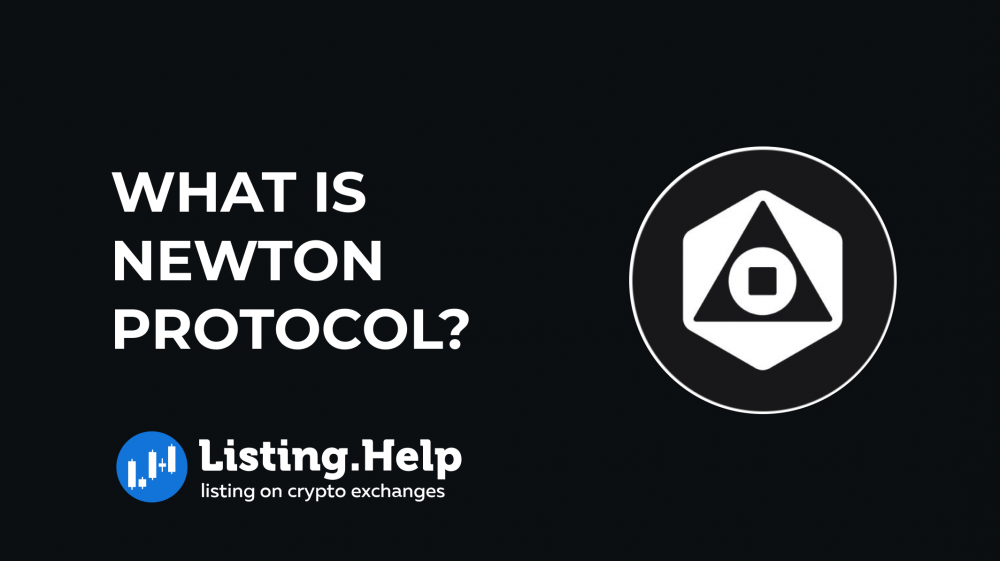

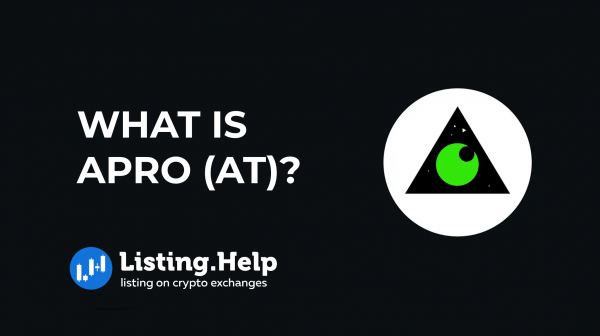
 February 11, 2026
February 11, 2026 
